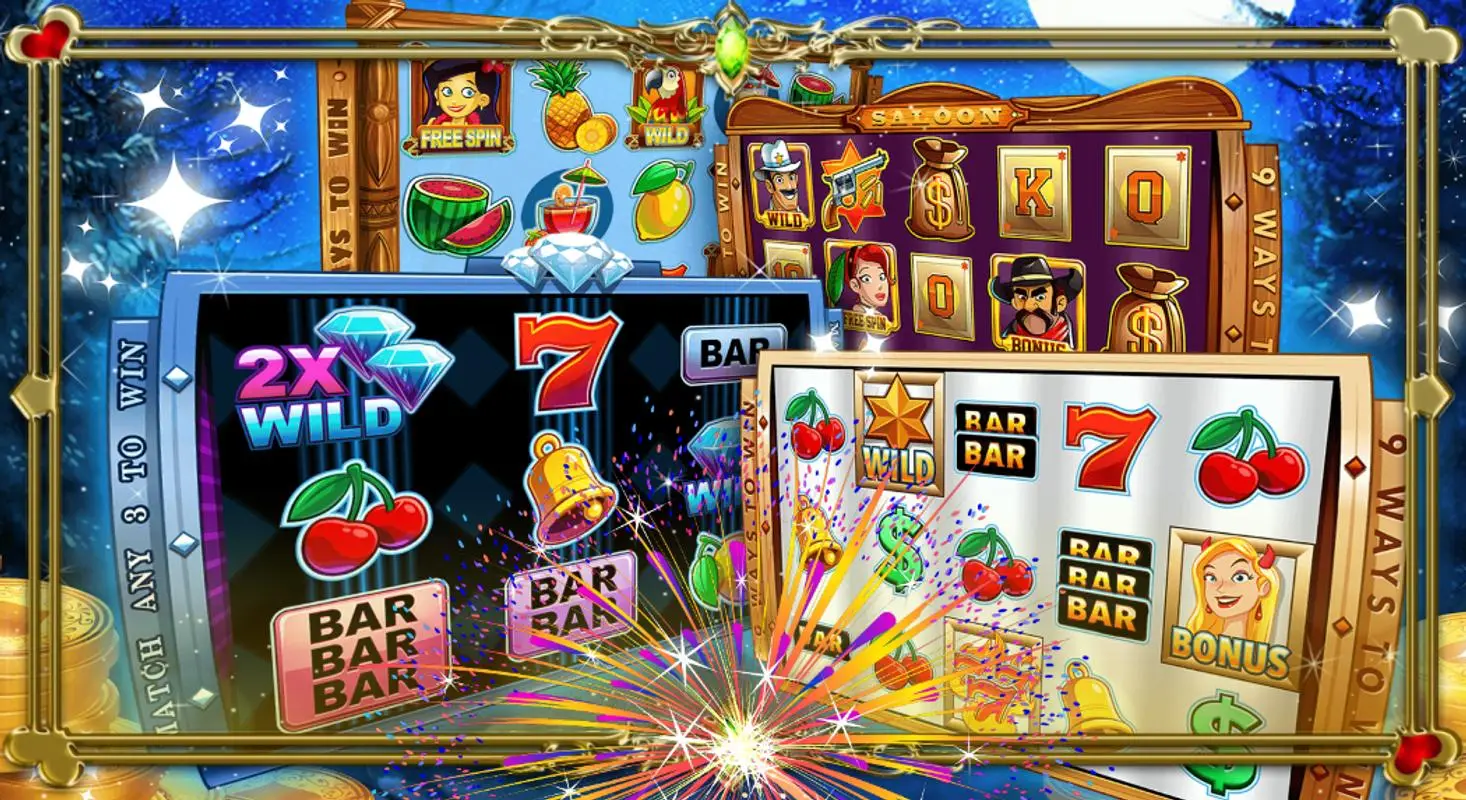Online casinos are constantly improving player retention mechanics. One of the tools of financial motivation is cashback. It turns ordinary losses into a manageable resource, allowing players to compensate for part of their losses and expand betting opportunities. Cashback in online casinos is not limited to percentage refunds: it becomes a strategic tool for managing bankroll, analyzing the effectiveness of bets, and increasing session duration.
Cashback Mechanics and Principles of Operation
Cashback in online casinos is a return of part of a player’s losses over a certain period. Each platform sets its own calculation rules. For example, on LeoVegas, the cashback ranges from 10 to 15% depending on the volume of losses and player activity in roulette, slots, and poker. Betsson offers a fixed 10% weekly cashback with a limit of $200. Unibet combines the basic percentage of return with bonus funds for new players, encouraging them to try new tables without risking their main capital.

Players using cashback in online casinos receive a real financial instrument. It allows them to compensate for losses at high volatility tables and redistribute funds to new strategies or tables with different returns. The mechanism turns into managed capital that can be strategically planned.
Strategic Application of Cashback in Online Casinos
Cashback in online casinos becomes a tool for long-term bankroll management. Players use the refund to increase the number of bets, test strategies, and minimize losses. For example, if a player loses $750 on the Betsson platform, a 10% cashback returns $75. The player distributed these funds to bets of $5–$10, increasing the number of spins from 50 to 120 per week. This allowed them to gather more statistics on probabilities and adjust their strategy.
At LeoVegas, personalized cashback returns up to $180 for two-week losses of $1200. The player used the funds for less risky bets: red/black, columns, or dozens. This approach reduced the impact of losing streaks and increased the chance of ending up in profit in the medium term.
Cashback stimulates discipline: users are forced to plan bets, control bankroll, and evaluate the effectiveness of strategies.
Practical Examples of Use
Online casinos use different approaches to cashback accrual, which affects players’ strategies:
- Betsson. Fixed 10% weekly cashback. A maximum amount of $200 encourages planning the weekly bankroll and choosing tables with different volatility.
- LeoVegas. Personalized cashback up to 15%, based on the history of bets and losses. Players receive notifications and allocate funds to new tables, minimizing risk.
- Unibet. A combination of fixed return and bonuses for new games allows safe testing of strategies without risking the main deposit.
Each example demonstrates that the tool is not limited to returning lost money. It enhances financial stability, provides the opportunity for safe testing of new strategies, and increases the number of bets without additional deposits.
How to Use Cashback for Maximum Benefit in Online Casinos
Effective cashback application requires a systematic approach. In practice, several directions of use can be distinguished:
- Compensation for losses at high volatility tables.
- Testing new betting strategies, including Martingale, Anti-Martingale, and Fibonacci.
- Extending sessions with additional capital, allowing for more statistical data collection for analysis.
- Optimizing bet sizes based on the probability of winning and table volatility.
- Flexible allocation of funds among different games and tables.
- Creating a financial cushion to reduce the risk of losing the entire deposit.
This approach allows for bankroll control, session planning, and using cashback as a strategic tool rather than a random bonus from an online casino.
Impact of Cashback on Player Tactics
Cashback in online casinos directly influences strategy selection. Players often distribute bets among fewer combinations with a high chance of winning. For example, at LeoVegas with a 12% cashback, players choose red/black and columns, reducing risk but maintaining a chance of stable returns.
The mechanism also enhances discipline: keeping track of bets, analyzing table effectiveness, and adjusting strategy are necessary. Players receive data on payout frequency, table volatility, and optimal bet size. The session transforms into a managed process where every dollar works for maximum returns.
Direct Efficiency Calculations
With average losses of $4000 per month on platforms offering 10–15% cashback, a player receives $400–$600 in return. These funds can be distributed among bets of $5–$20, increasing the number of spins from 200 to 600–800 per month. This approach allows for expanding the analytical base, identifying optimal tables and strategies, and minimizing the impact of losing streaks.

Cashback turns roulette and other games into a tool for managed risk. Participants can use statistics, track volatility, analyze bet returns, and adjust strategy without the need to increase their deposit.
Conclusion
Cashback in online casinos serves multiple functions simultaneously: it compensates for losses, stimulates strategic thinking, allows for safe testing of betting methods, and enhances financial stability. Platforms like Betsson, LeoVegas, Unibet demonstrate the practical value of cashback, turning it into a managed resource. Players who integrate cashback into their strategy gain a real tool for improving game efficiency and controlling their bankroll, rather than a random bonus.
 en
en  ru
ru  de
de  ar
ar  es
es  hi
hi  fr
fr  nl
nl  it
it  pt
pt  el
el 











